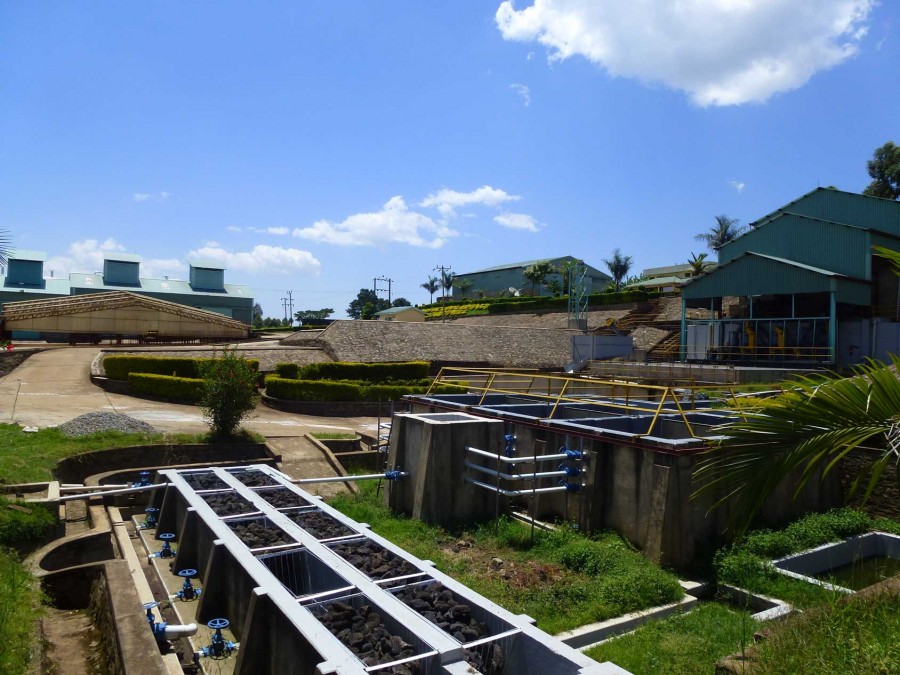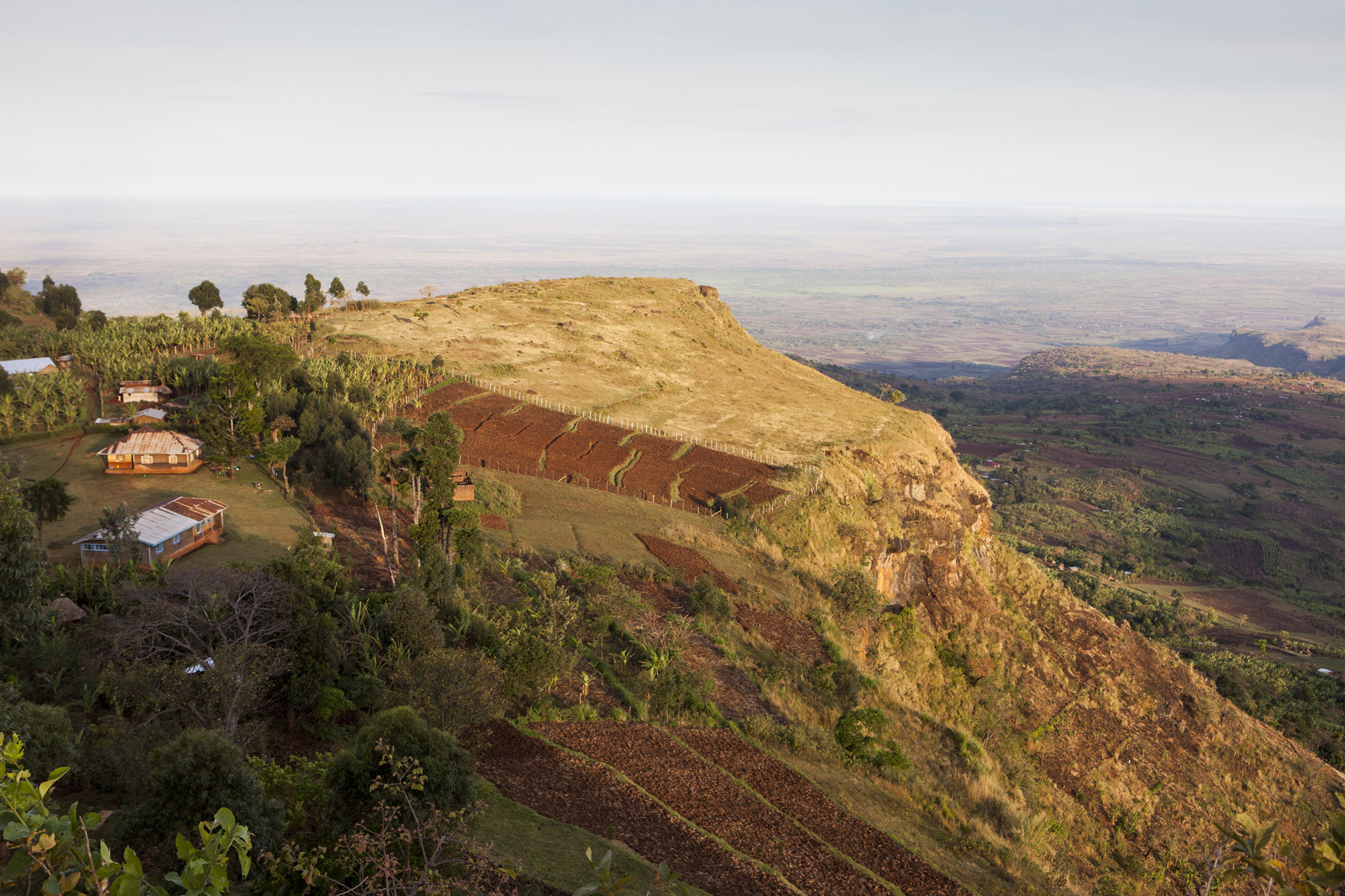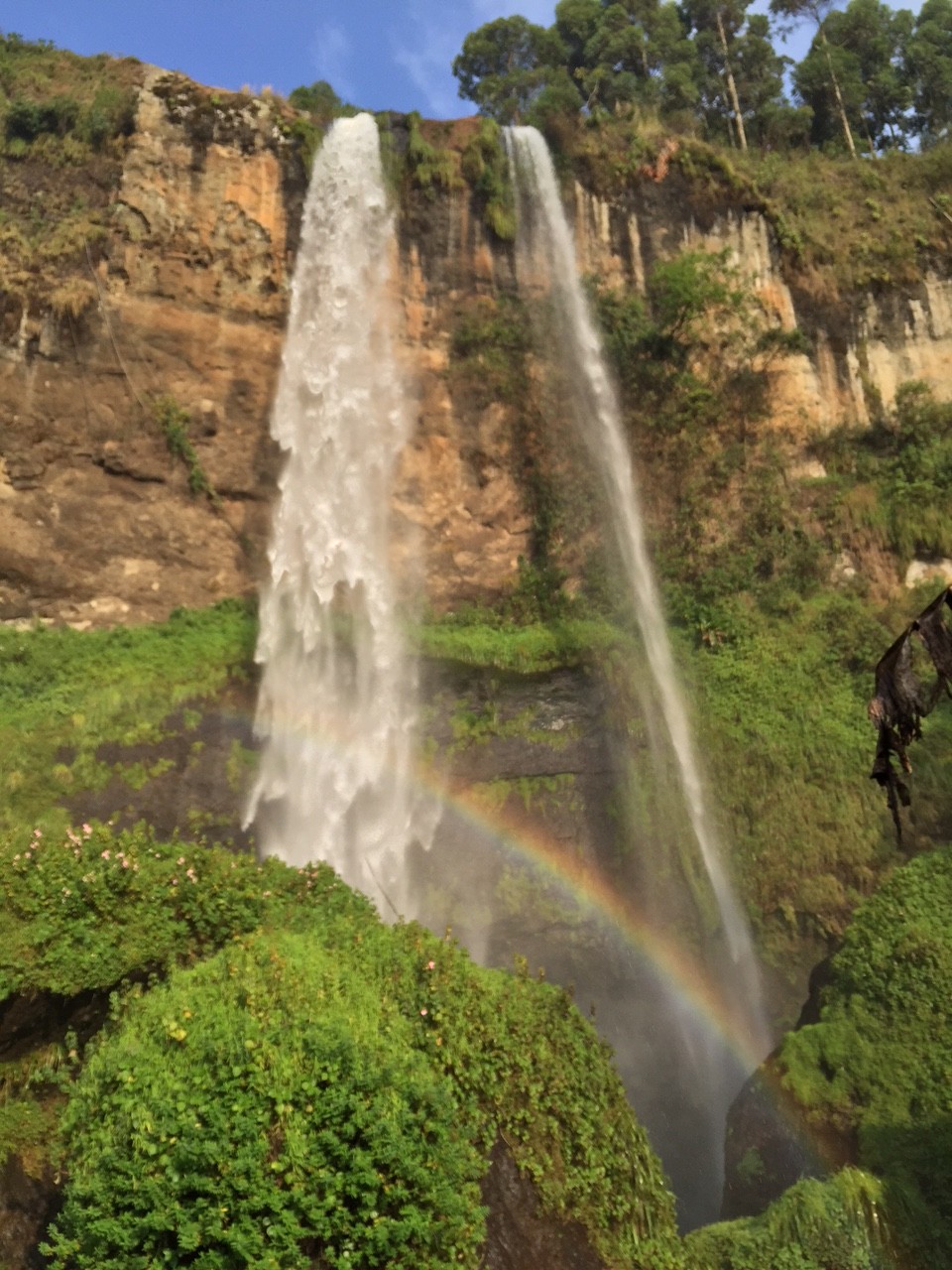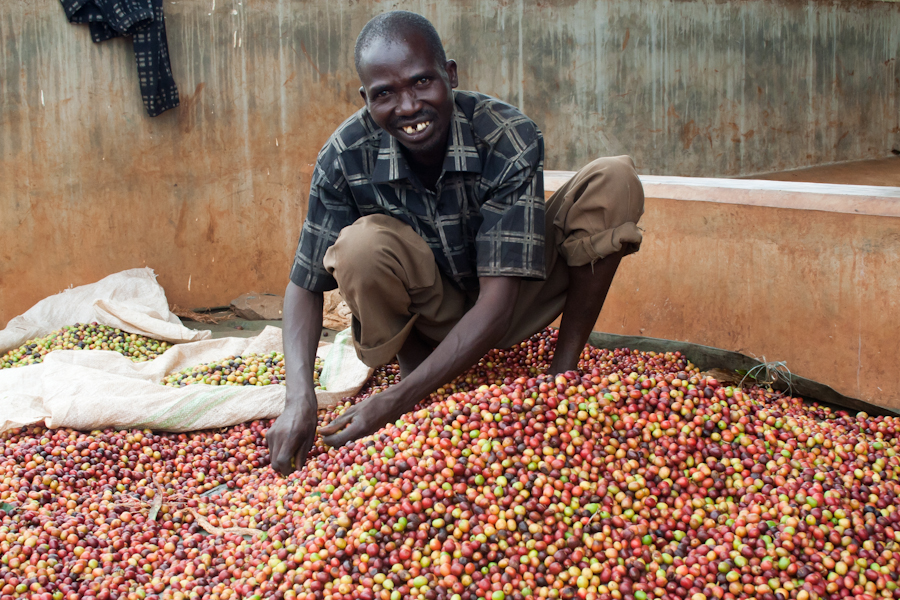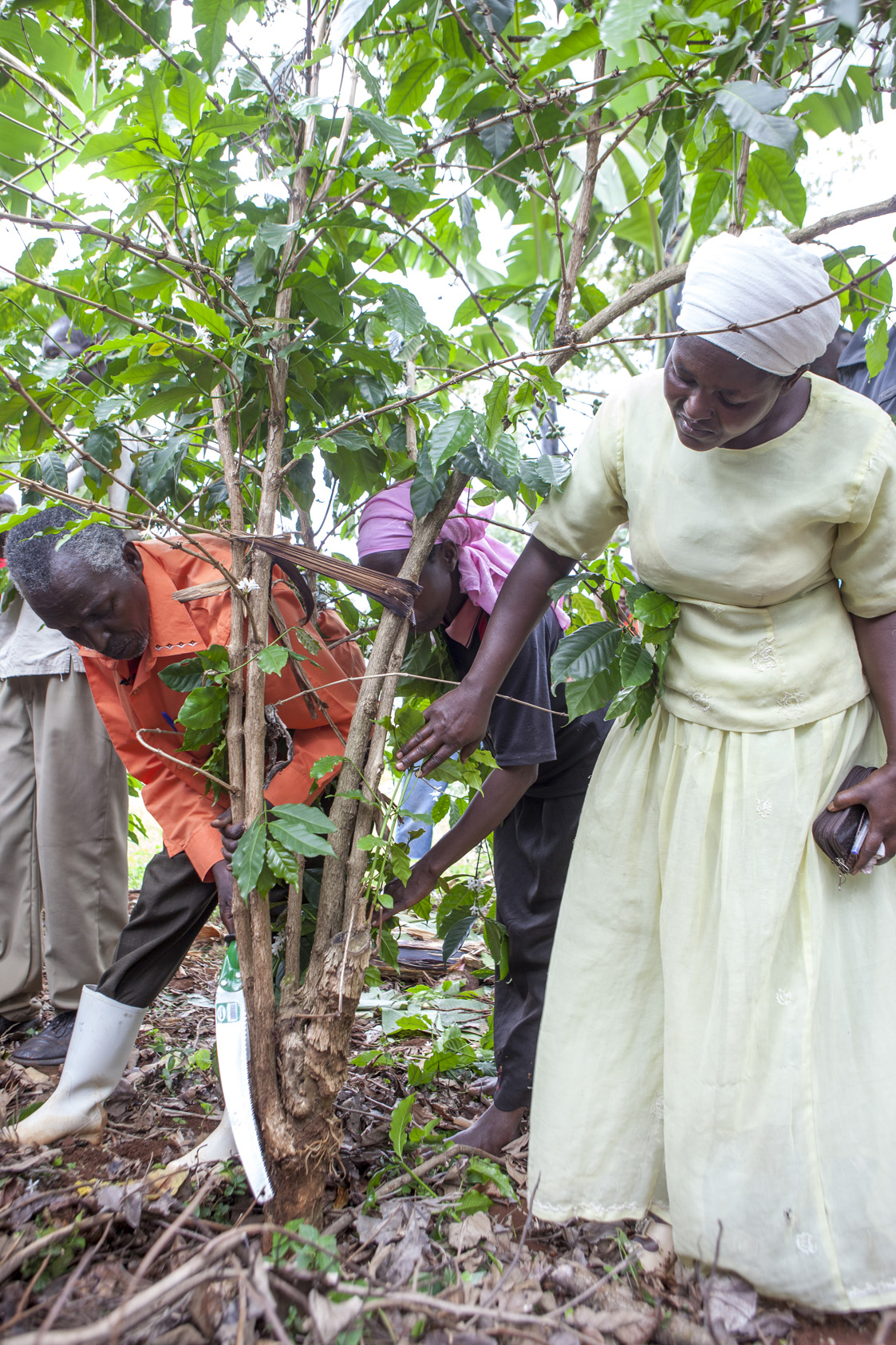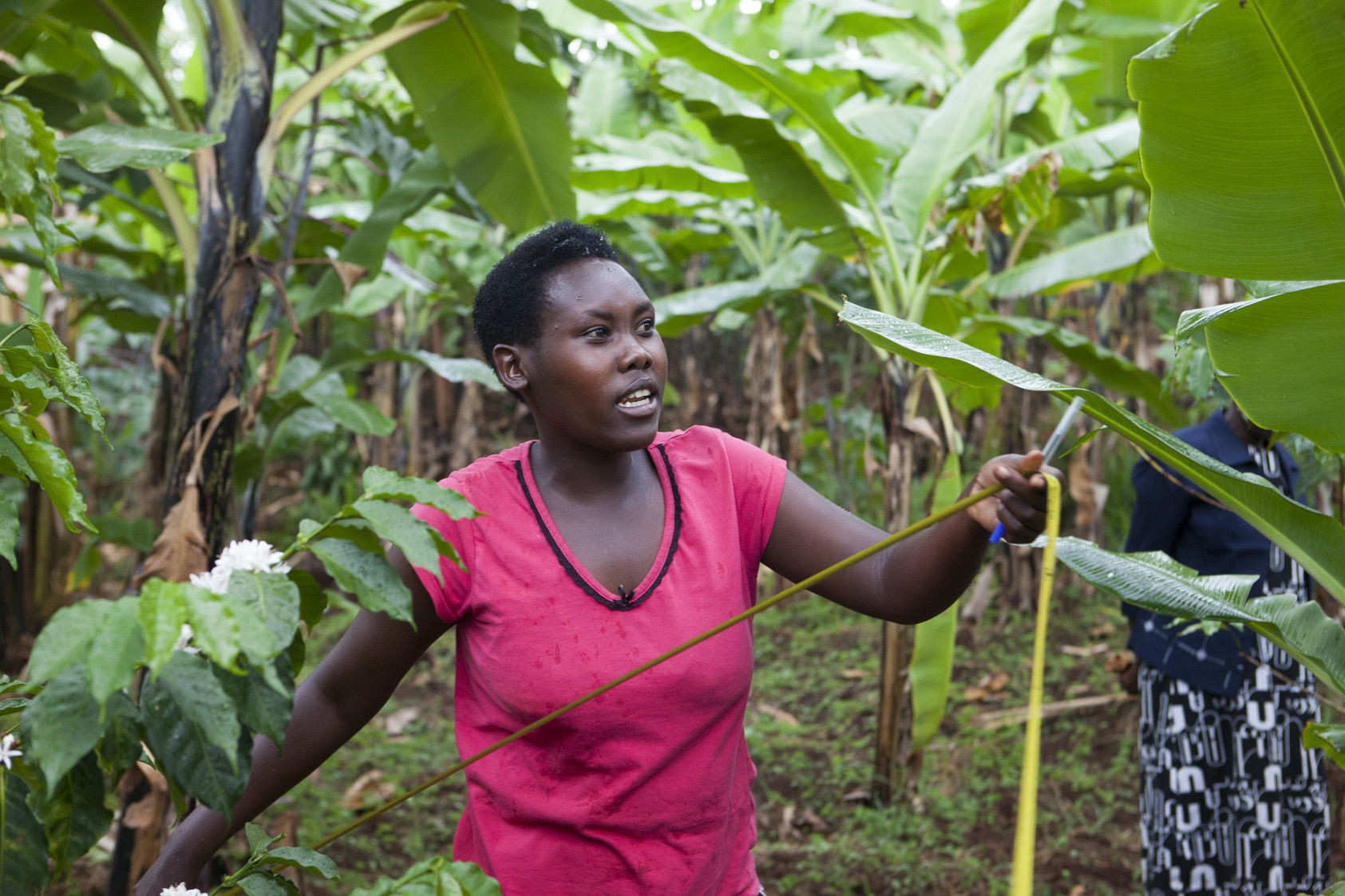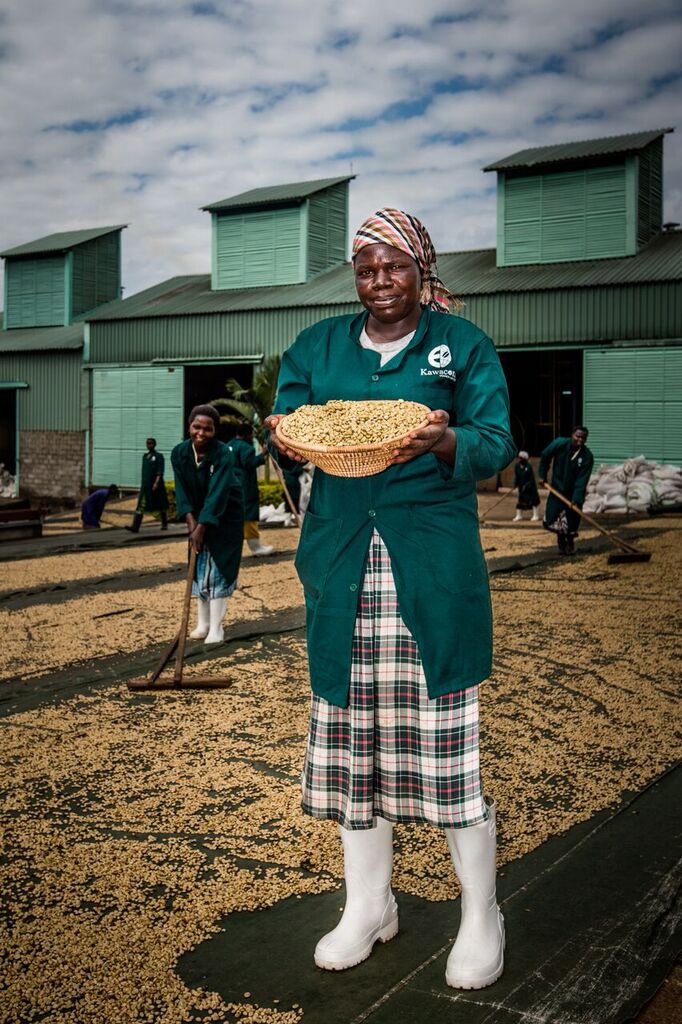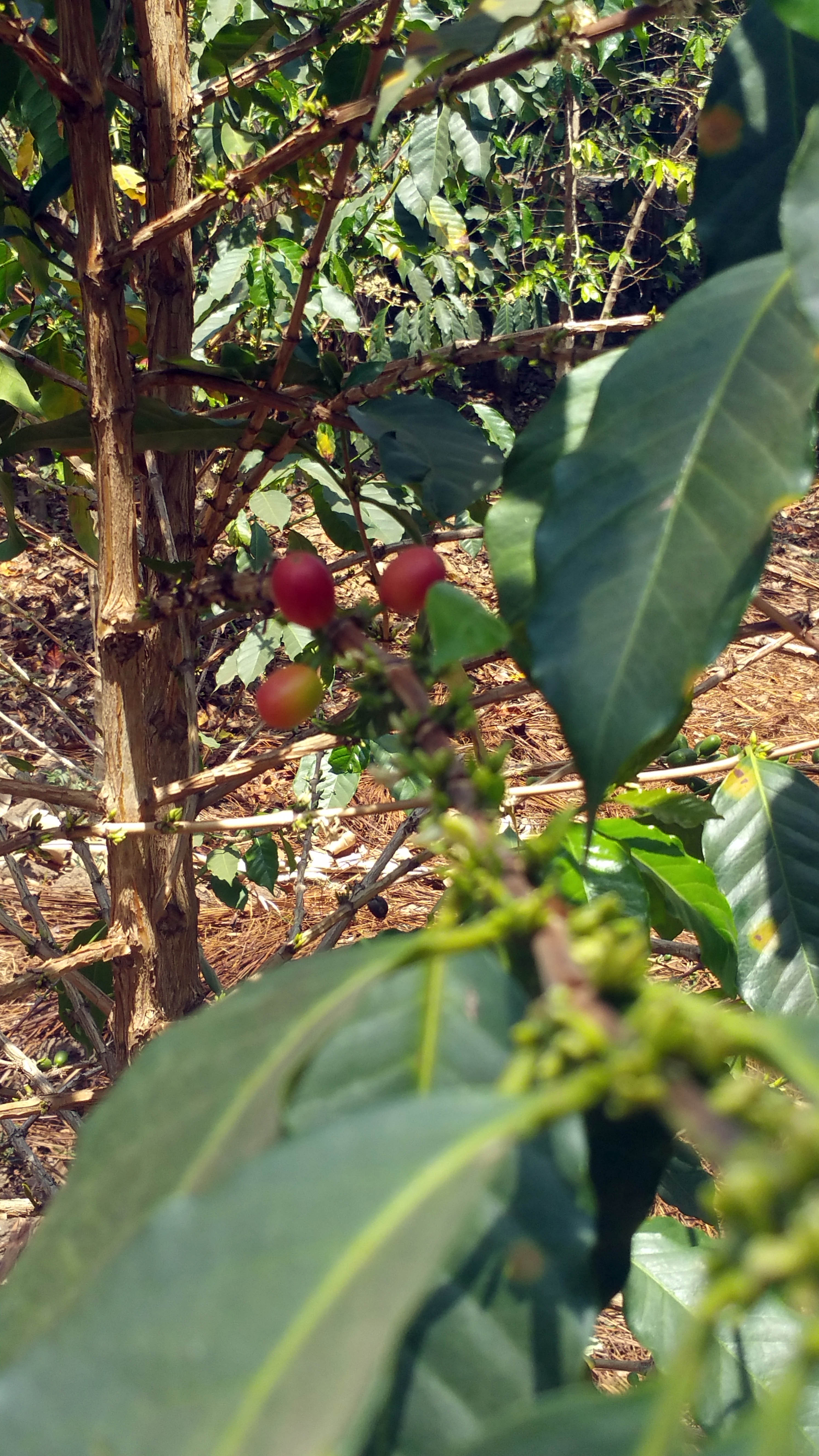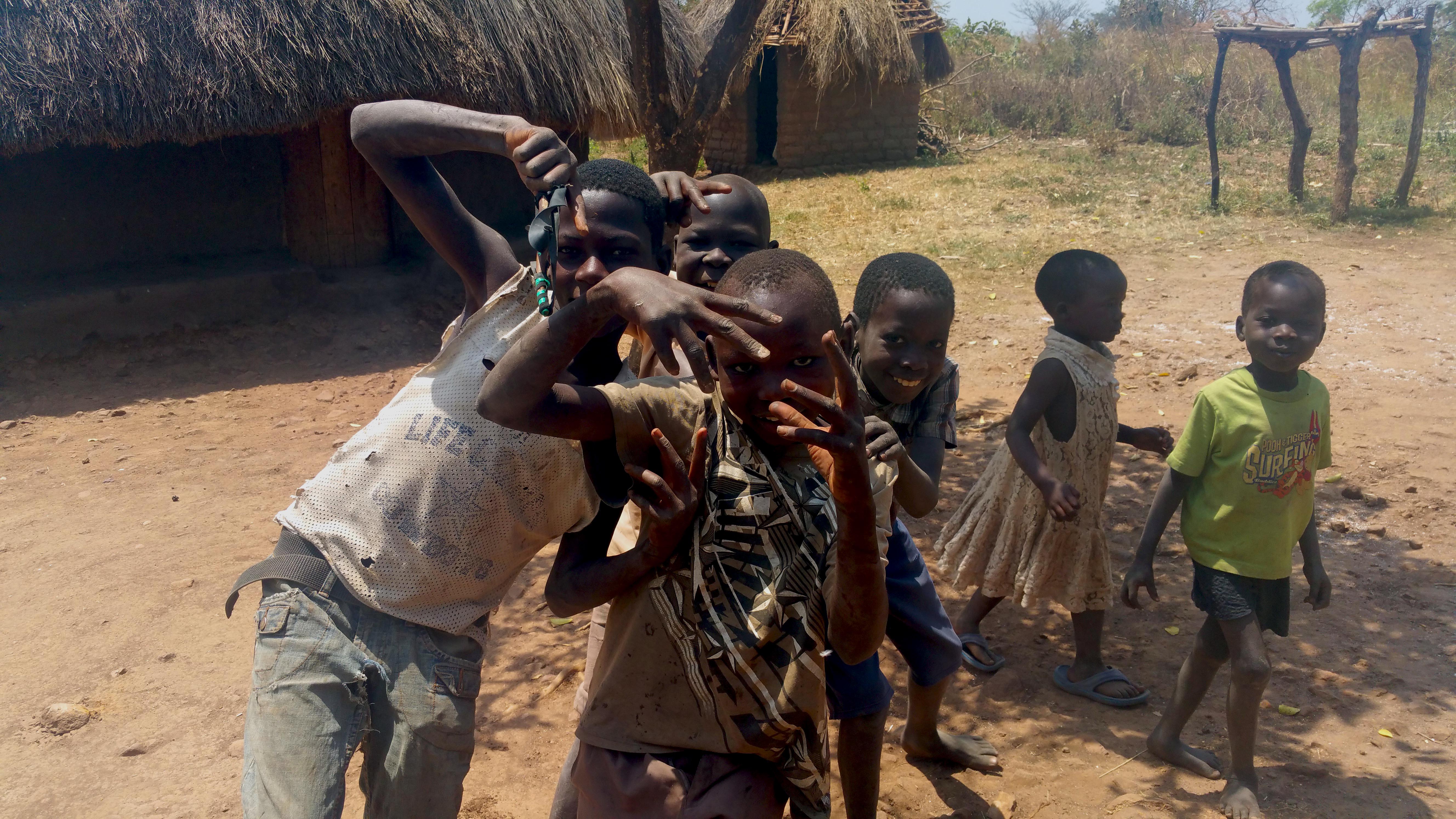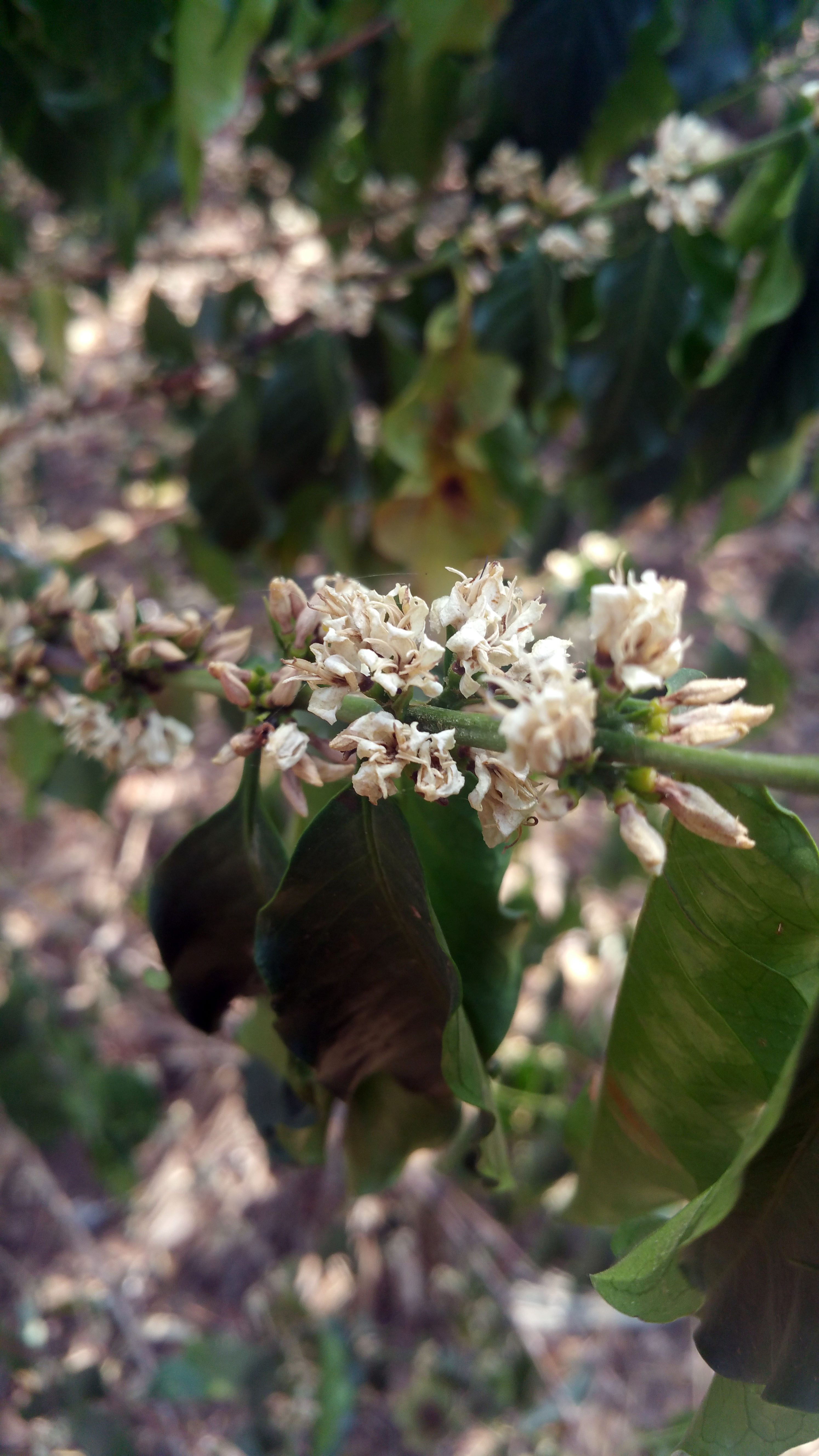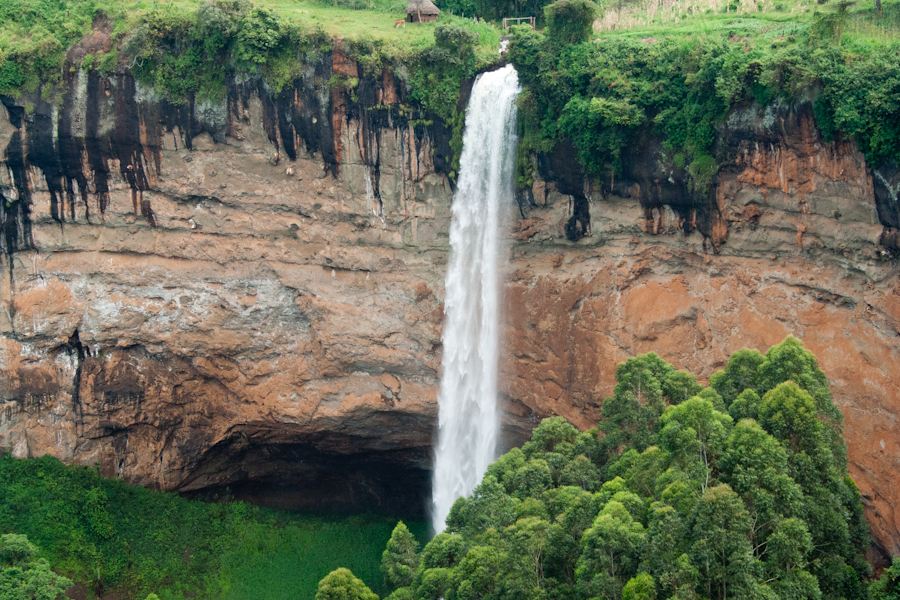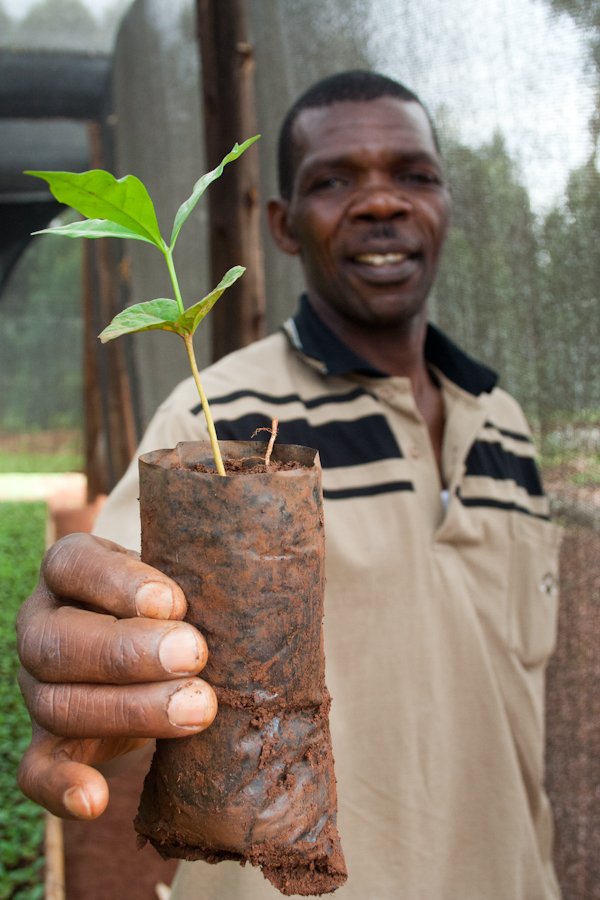Introducing: UGANDA
We are delighted to announce that beginning April 2016, Mercanta has newly introduced Uganda to our list of specialty coffee offerings.
Mercanta is excited to be one of the few specialty coffee importers to offer high quality, specialty microlots from Uganda. This is a new origin for us, as of 2016, and we are proud to be investing in sustainably grown and priced specialty-grade Arabica in a region with great potential for the future.
For many, Uganda might not the first country that comes to mind when thinking of high quality Arabica: the country has been traditionally known as a producer of Robusta – in fact, some of the highest quality Robusta available on the market – and is reputed to even be its birthplace. However, in many regions of the country the challenges to quality Arabic production are certainly more a matter of infrastructure, history and knowledge than environment. For instance, the slopes of Mt. Elgon in country’s East (bordering Kenya) and on the slopes of the Mount Rwenzori, known locally as the ‘mountains of the moon’, in the Northwest bordering the Democratic Republic of Congo, there exist microclimates and terrains that are ideally suited for the production of high-quality specialty coffee.
Make no mistake, specialty coffee in the country is on the rise. Uganda has been an innovator in the concept of Fine Robusta, but the country has also put effort and resources towards developing Arabica production. Currently, Arabica counts for just over 20% of the country’s exports and this percentage is growing (it’s nearly doubled since the early naughts). Following liberalisation of the coffee industry in the early 1990s, the industry has left behind the days of state control and is currently 100% in private hands. All coffee exports remain regulated by a state body, however: the Uganda Coffee Development Authority (UCDA) grades, cups and classifies all export shipments, providing a standardised system for export quality control, which helps greatly for those questing for higher quality.
Currently, the UCDA reports an average yield of around 10 bags per hectare. This means a great deal of improvement can be made! The newly created National Coffee Research Institute (NACRI) – an independent research board – speaks to the growing awareness of coffee’s importance within the country. And exporting companies are also lending a hand to turn the industry around.
One great example of this is Kawacom – the driving force behind several of the country’s quality-driven projects and Mercanta’s exporting partner in Uganda. They began their first project with an impressive 5,000 small holder coffee farmers with an average of 0.5 ha each under coffee. These farmers, all keen to participate in higher value speciality markets, were trained in criteria for socially and environmentally responsible coffee growing practices and efficient farm management with the aim of certifying and marketing their coffee on the international scene. Today they have two wet mills and quality improvement projects – one in the Sipi Falls area and one in Northern Uganda’s West Nile area. The Sipi Falls project received its very first Organic certificate – an accomplishment that has, over the years, attracted UTZ, JAS and Rainforest Alliance certification schemes. Today, both projects have expanded significantly, thanks to successes such as these, and together reach over 18,000 small holder farmers, many of whom not only receive higher prices for their higher quality coffee but also participate in other social and environmental programs and cash management project.
The vast majority of coffee in Uganda is home processed by small holder farmers using hand-powered pulpers. Many lack good drying infrastructure. This means that attention to processing and resulting quality can vary greatly and is difficult to control under this more rustic processing system. Kawacom has been proactive in addressing this. During the harvest season, Kawacom encourages farmers to deliver cherry to their new, state-of-the-art wet mills instead of hand pulping on their farm. This has given their projects increased control over processing activities, which can be challenging in the region as rains during the harvest season are common.
Kawacom extension workers continuously work to sensitise farmers participating in their projects to youth and gender issues, to raise HIV/AIDS awareness and to provide education in finance and savings management. The projects have also established a training centre to train farmers in all issues relating to Good Agricultural Practices and climate change mitigation and adaptation. Furthermore, Kawacom runs a Gender & Youth Initiative that promotes entrepreneurial training and opportunities for local youth.
Kawacom has also worked to establish ecological awareness programs, such as preventing deforestation by encouraging and financially facilitating the implementation of energy efficient cooking stoves that use bio-gas for fuel. They are currently investing in rainwater harvesting tanks that will be installed at farmers’ homes to collect rain water for domestic use.
There hasn’t traditionally been a great demand for traceable coffees from Uganda, considering the country’s economic development as a supplier of large quantities of commodity grade coffee. However, Mercanta’s partner in this unique country have articulated a commitment to continue striving for excellence in this region with great potential for the future. We are looking forward to supporting their efforts.
Our White Nile Organic and Sipi Falls Organic are available from our UK warehouse starting from April. Catch them before they fly off the pallet!
